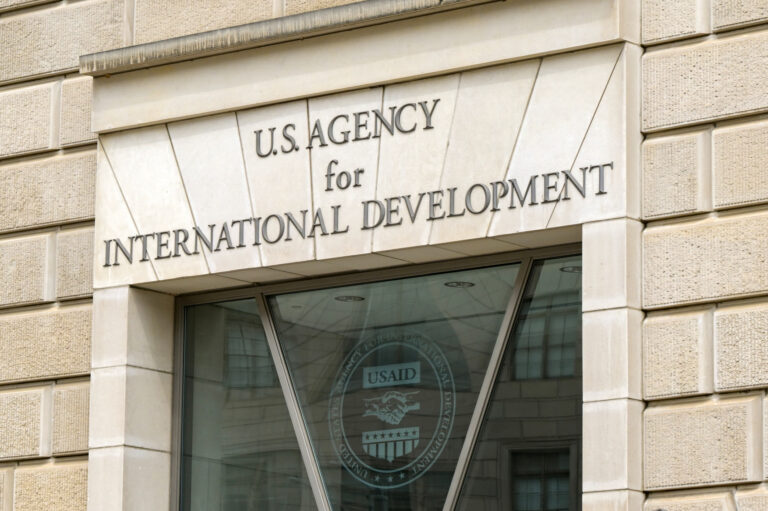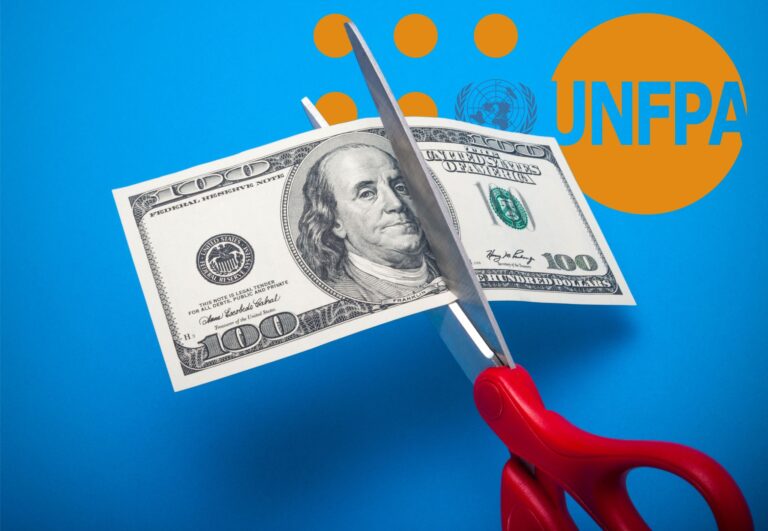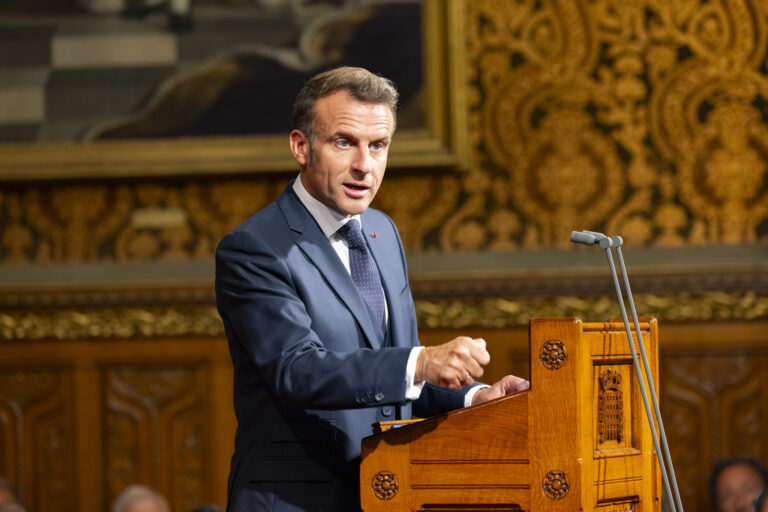07 April 2008
Vol. 10 / No. 14
Dear Colleague,
The days of the Bush administration are coming to an end. What remaining good can those who are well-disposed towards life and family do before they turn in their keys?
Steven W. Mosher
An Open Letter to Henrietta Fore, USAID Administrator
Dear Ms. Fore,
Last November, you were confirmed to head our multi-billion dollar foreign aid agency. You are committed, you tell us, to “serv[ing] the people who have the least hope, opportunity and prosperity, and who want to build their lives, their nations and their futures.” These are laudable goals, but ones which are undermined by certain practices of the fertility reduction programs that USAID continues to have in place.
First, let me say that I am well aware that there are certain things that you must do, simply because they are mandated by Congress. The law requires USAID to work for “population stabilization,” for example. Moreover, your agency must continue to send container loads of anti-natal drugs and devices around the world—at least as long as Congress continues to appropriate a half-billion dollars or so a year for that purpose.
But there are things, as the administrator of USAID, that you can change for the better. Here are a few suggestions:
- Redesign the Demographic and Health Survey to elicit direct responses about women’s health needs as women themselves express them, and to use these responses, in conjunction with epidemiological data, to redesign health care programs to meet such needs. Most women in the developing world that we at PRI have surveyed do not consider “reproductive health programs” to be a pressing health need;
- The current estimates of “unmet need for contraception,” which are used to determine how many contraceptives to ship to a given country, are inflated by the practice of assuming that every woman who does not express a desire to get pregnant has an unstated need for artificial birth control. A better way would be a ask women directly if they are interested in spacing their births;
- Accept Natural Family Planning (NFP) as a “modern method of contraception,” and thus commit a significant portion of family planning funds to the promotion of this safe and natural method. Currently, this highly effective method is lumped together with “traditional methods” and generally ignored;
- Close the Population Office of USAID, an anachronism whose chief purpose of late has been inventing rationalizations for continuing failed family planning programs in dying countries. Any legitimate demographic research questions that arise in the conduct of USAID’s business can be addressed by the International Division of the U.S. Bureau of the Census, whose budget should be increased for this purpose, and whose prescriptions will not be tainted by a need to justify continued family planning funding;
- Invite recognized human rights groups to monitor its ongoing population control programs for violations of the Tiahrt Amendment, the Mexico City Policy, and other laws protecting women and families. Currently, USAID’s client satisfaction surveys are conducted by The Population Council and other groups that have a vested interest in continuing these programs;
- Put in place a standard investigative protocol that would be automatically invoked when a violation of U.S. law or human rights conventions has been reported.3 The absence of such a protocol has meant that past investigations, when undertaken at all, have often been desultory, incomplete, or pro forma;
- Announce that, as the current Congressional mandate for population control is written in terms of “population stabilization,” that henceforth developing countries with birthrates at or below replacement will be receiving “family planning” assistance to increase, not decrease, their birth rate;
And there is one more thing you can do before you turn out the lights.
You can sign long-term contracts with faith-based groups that emphasize abstinence and marital fidelity in HIV/AIDS prevention programs. Before leaving office in early 2001, the Clintonites locked in funding for their friends for years to come. We should be equally farsighted.
You used to run the U.S. Mint, in charge of making those tokens of value that we use—when not using plastic—to buy and sell goods. Yet, as you know, coins and paper money are not valuable in themselves. Their value arises because they enable us to command the services of people. It is people who are the ultimate resource.
Sincerely yours,
Steven W. Mosher
President
Population Research institute
Steven Mosher is the President of PRI.







